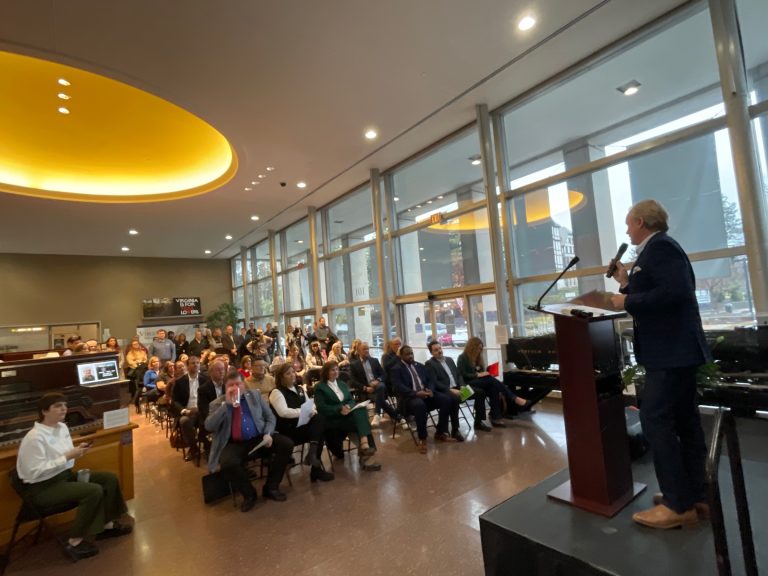 ROANOKE, Va. (March 8, 2025) – As National Consumer Protection Week comes to a close, AARP Virginia is reminding residents that scammers never take a break. According to Shannon Abell, who works for AARP in Roanoke, Virginia ranks ninth in the country for scam activity, making it essential for consumers to stay vigilant.
ROANOKE, Va. (March 8, 2025) – As National Consumer Protection Week comes to a close, AARP Virginia is reminding residents that scammers never take a break. According to Shannon Abell, who works for AARP in Roanoke, Virginia ranks ninth in the country for scam activity, making it essential for consumers to stay vigilant.
“No matter how a scam finds you, they all follow a similar pattern,” said Abell. Fraudsters typically create a sense of urgency, ask for personal or financial information, and often demand immediate payment through gift cards, wire transfers, or cryptocurrency.
Among the most common scams targeting seniors are imposter scams, where criminals pose as government officials, banks, or even family members in distress. Another major concern is tech support scams, where scammers claim to be from Microsoft or another legitimate company to trick victims into providing personal information or granting remote access to their devices.
To protect yourself from scams, Abell recommends:
- Using strong, unique passwords for all online accounts.
- Enabling multi-factor authentication when available.
- Avoiding clicking on links in unsolicited emails or texts—instead, visit official websites directly.
Staying informed and taking simple security measures can help reduce the risk of falling victim to fraud. Consumers who suspect they have been targeted by a scam should report it to the Federal Trade Commission (FTC) at reportfraud.ftc.gov or contact AARP’s Fraud Watch Network for assistance.



